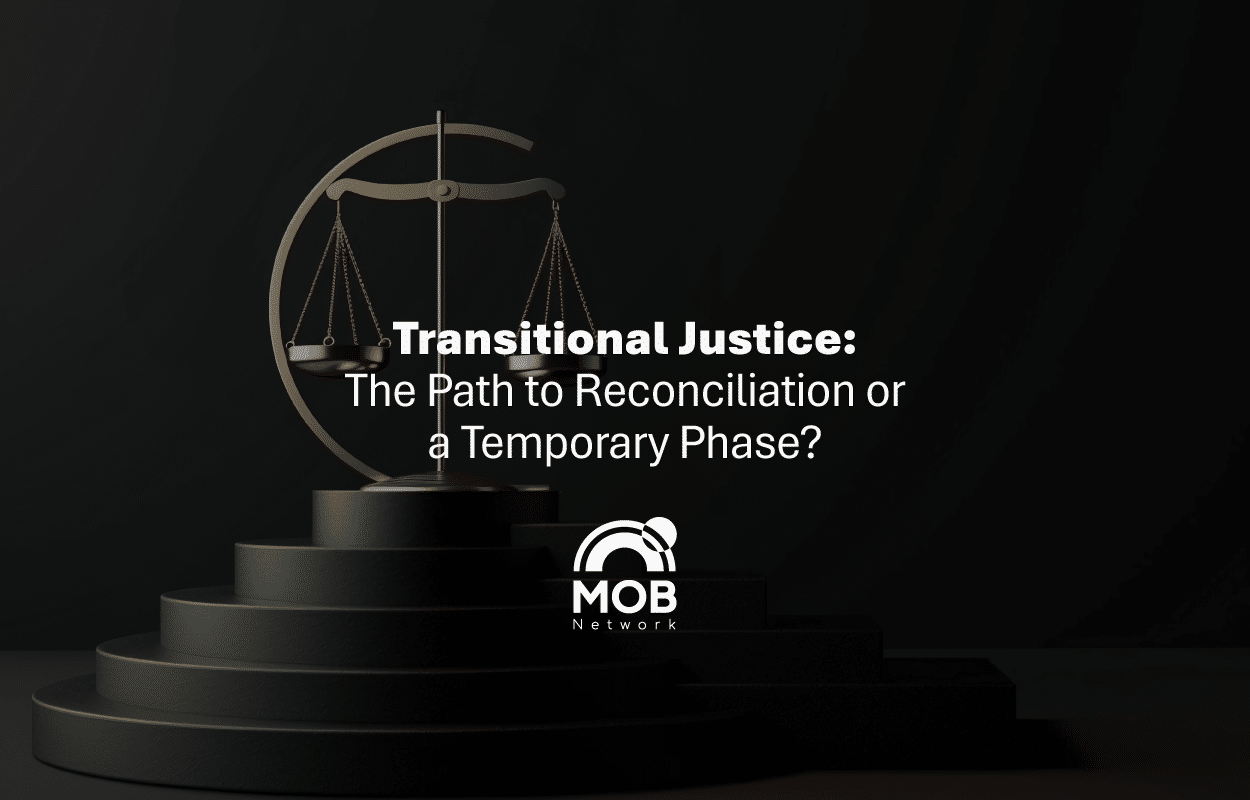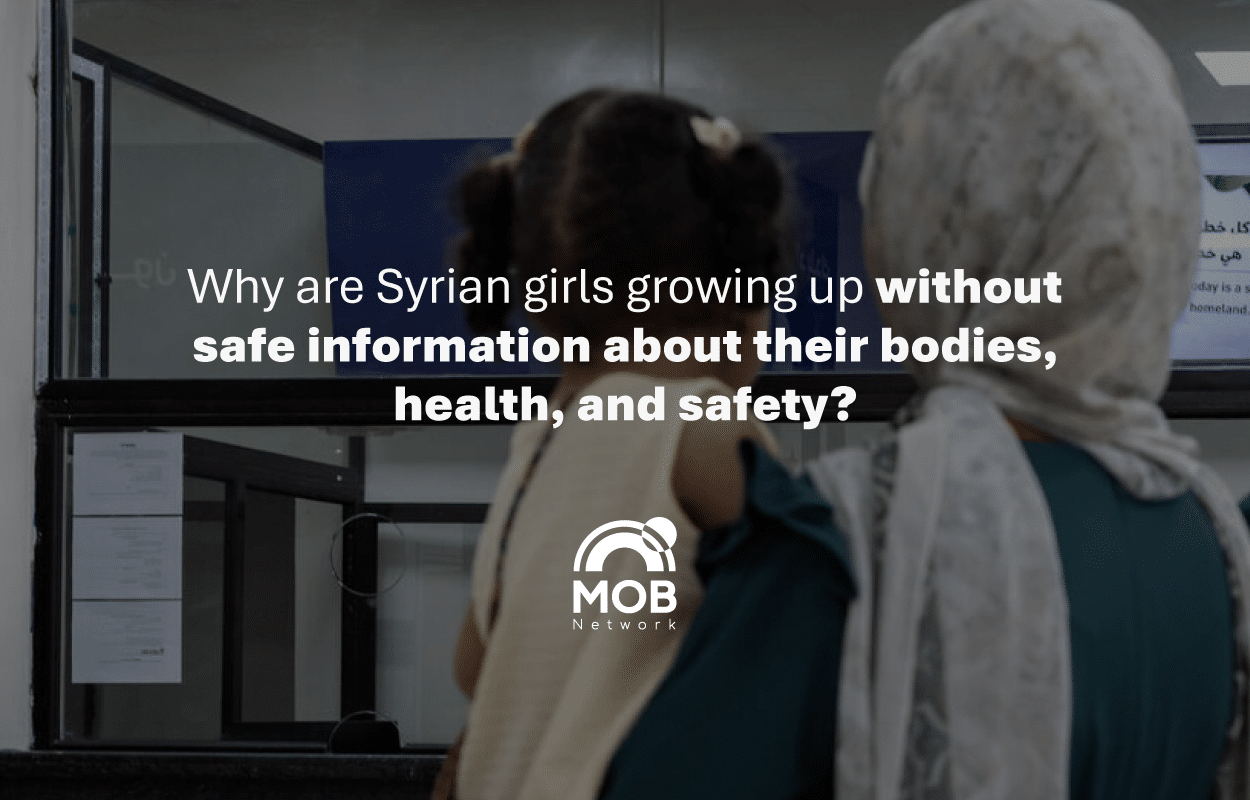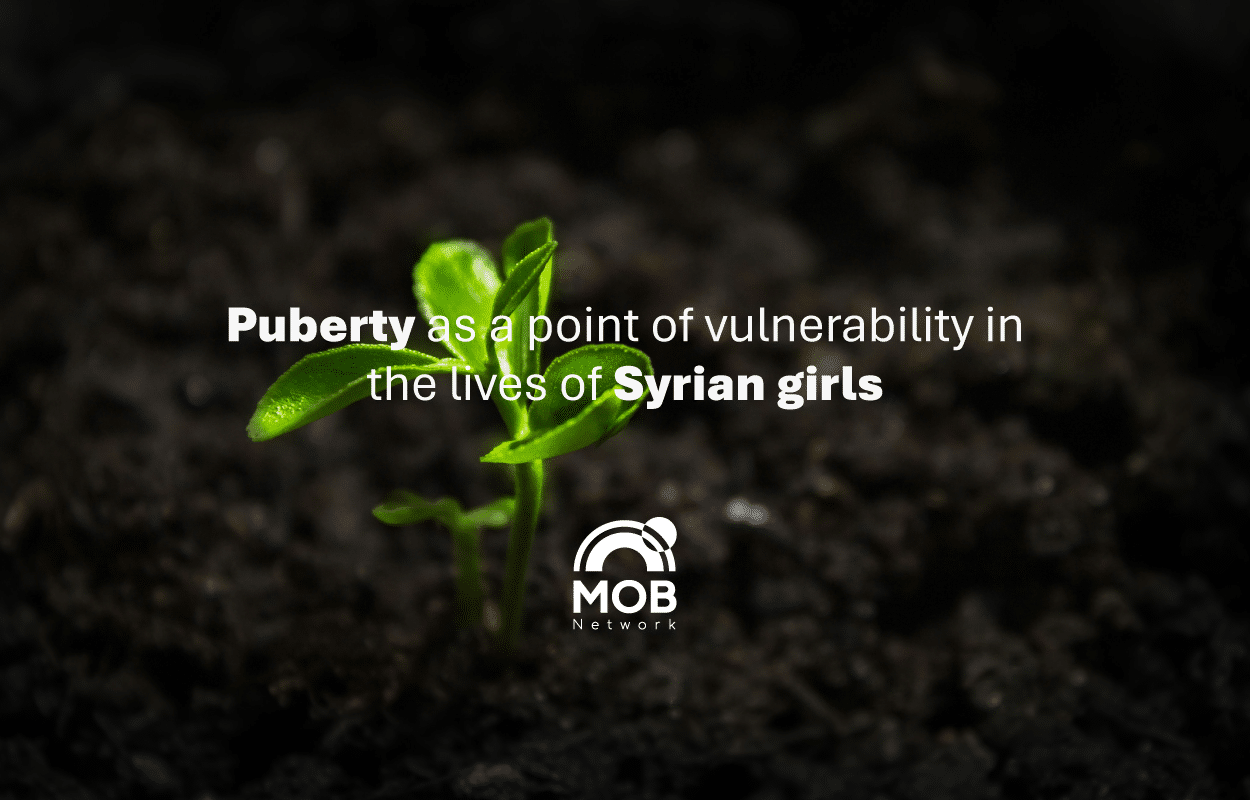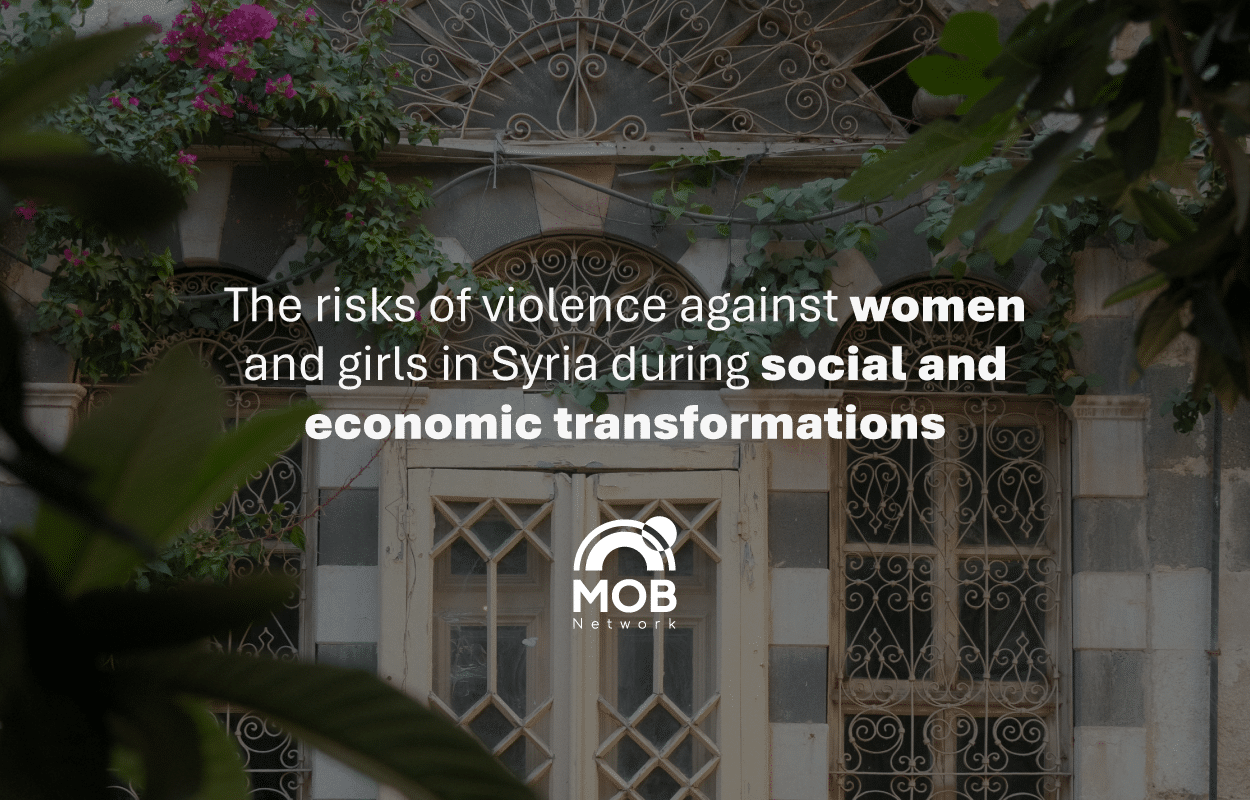In societies torn apart by civil wars or exhausted by years of tyranny, emerging from the darkness is not just a political matter, but a long journey toward collective healing.
Transitional justice is one of the most complex and bold concepts on this journey. It is not simply a series of trials, reports, and commissions; rather, it is an attempt to understand the past, acknowledge the pain, and build institutions worthy of human dignity.
In fact, justice is not transitional, but rather the authority that exercises justice and the period during which it is exercised is transitional. It is therefore a facilitating mediator in the transition from one political phase to another, taking on an investigative and judicial character to uncover the circumstances of the serious crimes that occurred in the previous phase.
But questions remain: Can transitional justice alone ensure lasting reconciliation? Or is it, at best, merely a temporary break phase preceding a relapse in tensions?
What is transitional justice: an approach to achieve justice
The Office of the United Nations High Commissioner for Human Rights (OHCHR) defines transitional justice as: the path for societies emerging from conflict or repressive regimes to process the legacy of gross human rights violations and build a more just and inclusive future.
According to The International Center for Transitional Justice (ICTJ), transitional justice refers to how societies respond to the legacy of gross and serious human rights violations.
It also raises some of the most difficult questions in law, politics, and the social sciences, addressing countless dilemmas. And Most importantly, transitional justice is about victims.
It also emphasizes that this process aims not only to hold perpetrators accountable, but also to recognize victims, restore trust in state institutions, and dismantle official narratives that have contributed to societal division.
It is noted that transitional justice is composite term, consisting of two parts:
The first part is justice, which technically means impartiality in the trial of any person for any matter. It is an ethical concept based on the establishment of truth, morality, rationality, and fairness.
The second part is transitionalism, which means the state of the system that is moving or transforming from an unfavorable state to a favorable state (democracy).
“The Syrian President issued a decree establishing a transitional justice committee tasked with uncovering the facts regarding the former regime's violations, holding those responsible accountable, and redressing the harm inflicted on victims.”
Decree No. (20) of 2025 Tweet
Principles of Transitional Justice: The Ethical and Legal Foundation of the Transition Phase
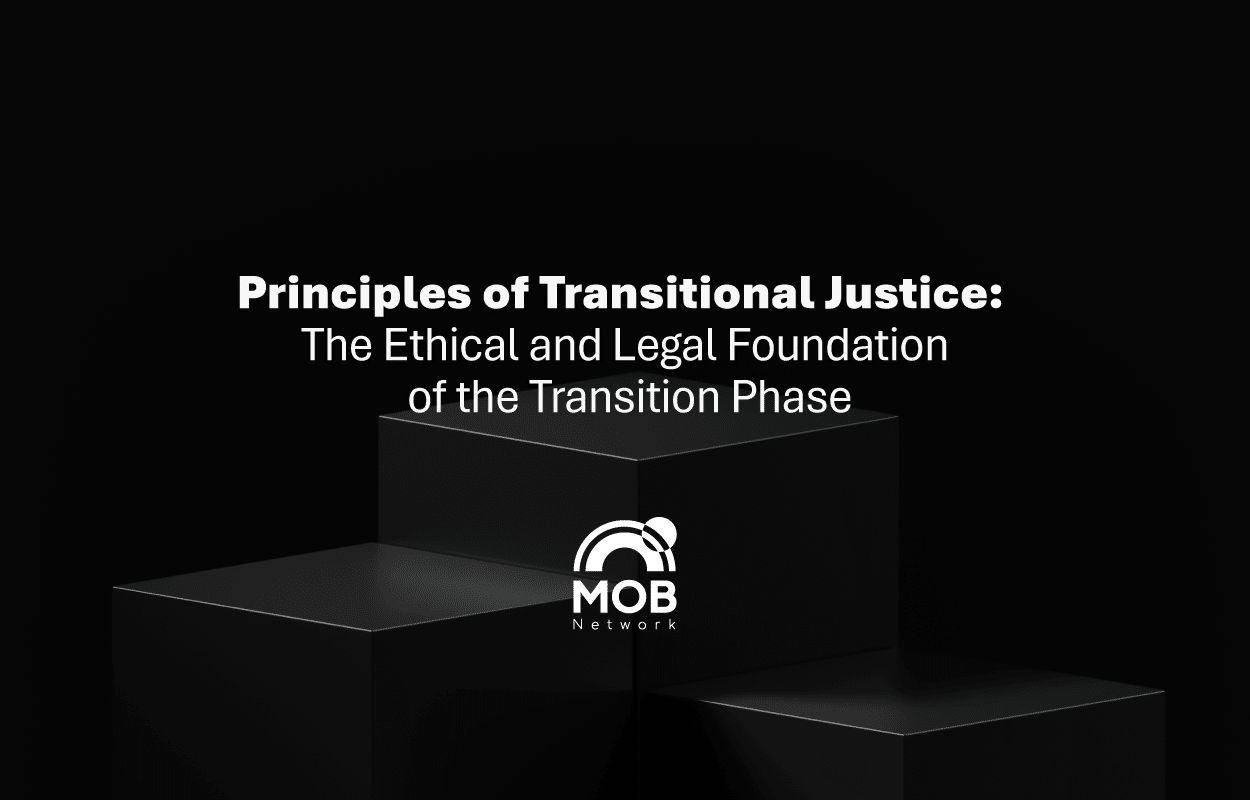
Transitional justice is not based solely on legal procedures, but rather on a set of ethical and legal principles that constitute its basic reference.
According to the United Nations High Commissioner for Human Rights (OHCHR), transitional justice is based on four interconnected pillars:
- The right to know the truth.
- The right to justice.
- The right to reparations.
- Guarantees of non-recurrence.
Researcher Paul van Zyl identified principles of transitional justice as indispensable pillars for its success:
- Accountability: Prosecuting perpetrators of serious violations, especially those that constitute war crimes or crimes against humanity. This principle reflects a rejection of the culture of impunity, as occurred in the trial of Khmer Rouge leaders in Cambodia.
- Uncovering The Truth: Documenting violations through mechanisms such as truth commissions, which give victims a space to testify. In South Africa, “The Truth and Reconciliation Commission” played a pivotal role in exposing the atrocities of the apartheid regime.
- Compensations: These include financial compensations (such as financial grants) or symbolic compensation (such as an official apology). In Morocco, the Equity and Reconciliation Commission provided compensation to victims of the Years of Lead, despite criticism of its limited impact.
- Institutional Reform: Restructuring repressive state agencies, such as the security and judiciary forces, to prevent recurrence of abuses. For example, in Colombia, police reform included human rights training as part of the peace agreement with the FARC.
These principles must be implemented within a comprehensive vision that is not limited to temporary committees or political decisions, but rather requires a long-term commitment to an integrated human rights and humanitarian approach.
“I say to all other victims who struggle for truth and justice: Believe in yourself. Nothing is impossible. Have hope and believe in your strength. Believe in your light.”
Yasmin Almashan, Humanitarian Activist Tweet
Methods of implementing transitional justice
Methods of implementing transitional justice varies to include:
International or National Trials: such as the International Criminal Tribunal for the former Yugoslavia, or the Gacaca courts in Rwanda, in which the local community participated in the trial of those involved in genocide.
Truth Commissions: As in Guatemala’s Case, where the commission uncovered 200,000 lynching during the civil war.
Compensation Programs: such as the “Harm Reparations” program in post-revolution Tunisia, which faced challenges due to weak funding.
Security Institution Reform: The Dissolution of Argentina’s Secret Security Services After the Fall of the Military Dictatorship.
Reviving Collective Memory: through museums or memorials, such as The “Museo de la Memoria Y los Derechos Humanos” in Chile, to commemorate Pinochet’s victims.
We must notice that separating these mechanisms from one another weakens their impact. Justice cannot be achieved without knowing the truth, and reform is useless if perpetrators are not held accountable. Breaking the culture of impunity allows for psychological healing for victims and prevents the recurrence of violence.
Is transitional justice enough to achieve lasting reconciliation?
It’s complicated, on the one hand, transitional justice provides a rare opportunity to acknowledge the past, provide justice to victims, and hold perpetrators accountable. On the other hand, however, these measures remain insufficient unless accompanied by profound cultural, social, and economic transformations.
Therefore, transitional justice researchers warn against relying solely on legal tools, calling for linking them to a comprehensive national project that addresses the roots of the conflict, not just its symptoms.
“Lasting peace cannot be achieved without courageously confronting the past and acknowledging victims.”
Office of the High Commissioner for Human Rights Report on Transitional Justice Tweet
Transitional Justice: Challenges that Prevent Its Success
The lack of political will is an undeniable obstacle. Political leaders may be reluctant or resistant to genuine accountability, fearing loss of influence or the risk of creating chaos.
and judicial systems may also be lacking in independence or unable to deal with the scale of crimes and violations committed, leading to a lack of effective accountability.
Also we must not forget that communities emerging from conflict are often fraught with ethnic or sectarian divisions, making achieving justice a delicate matter.
At last continuing violence or security threats constitute a major obstacle, as victims and witnesses may fear testifying.
Finally, external interference and international interests can influence the course of transitional justice, as some parties are supported at the expense of holding perpetrators accountable.
Justice is not a temporary event… but a way and a process.
Ultimately, transitional justice is not a ready-made recipe that can be applied uniformly in every society, but rather a long and complex process in which history, culture, political will, and people’s awareness intertwine.
transitional justice at its best restores dignity to victims, prevents the recurrence of tragedies, and builds a solid foundation for a more cohesive future.
However, if the will is lost or justice is limited to formalities, it will be nothing more than a fragile shell covering conflicts waiting to ignite.
Despite its limitations, it remains essential for beginning the reconciliation journey. However, its success depends on its transformation from legal procedures into a community project that addresses the roots of the conflict.
As philosopher John Rawls said, “Justice is not just rules; it is the foundation of human institutions.” Thus, transitional justice remains the first step on a long road, where true reconciliation is the product of both political will and social justice.

